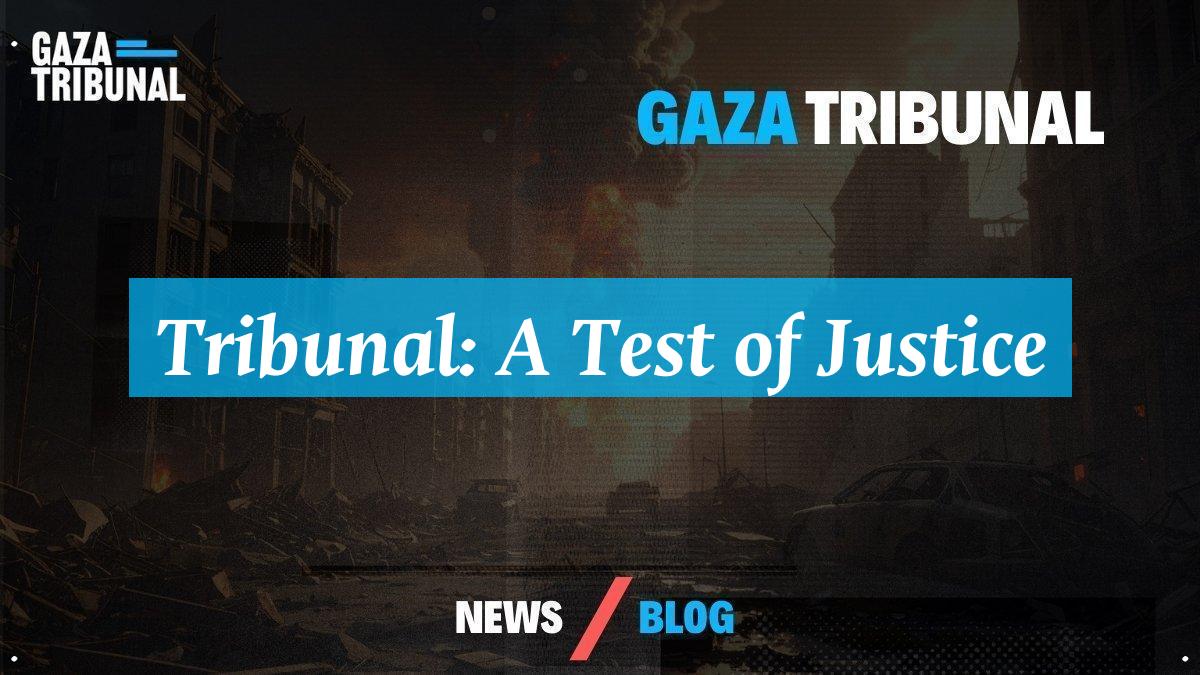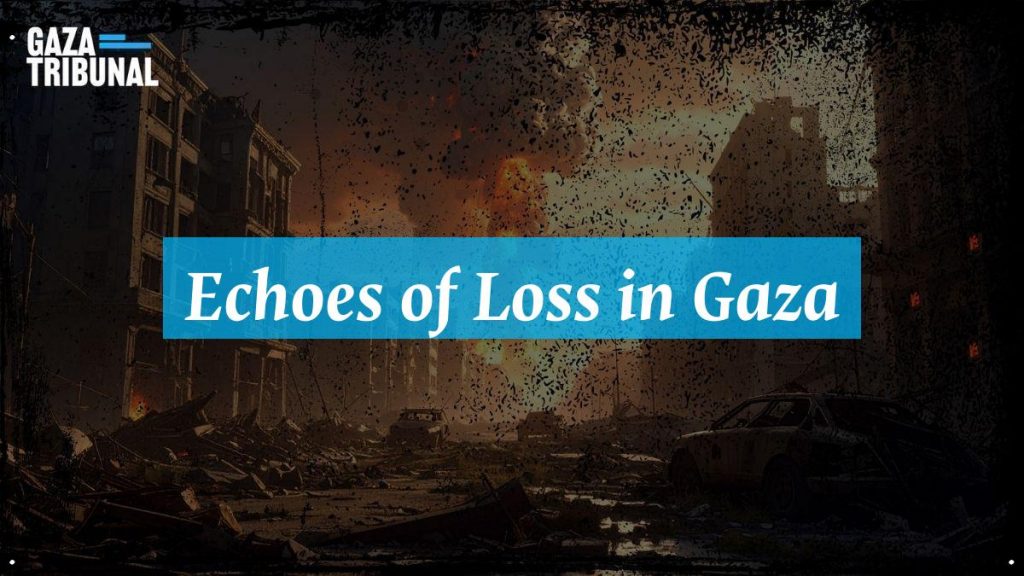In a land where every moment feels like a fight for survival, the harrowing tales emerging from Gaza bring into focus the lives upended by conflict. For many, especially families broken apart by violence, their stories ripple through time, calling for accountability and justice. The name “Gaza militants” evokes a complex web of emotions, yet among devastation, individuals like Muhammad Abu Nada emerge with a painful courage. His reflections on loss expose the undeniable truth of existence amid sorrow—how does one navigate the shadows of such profound grief? These narratives do more than recount tragedy; they demand recognition and action, underscoring the relentless pursuit of dignity and memory in a fractured reality.
From antiquity through to our present conjuncture, it is through these shared experiences that a community finds strength. Together, survivors bear the heavy burden of memory like a stitched tapestry, where each thread represents love and loss. “Gaza militants” are often depicted in a singular light, yet their actions have led to unfathomable consequences for countless lives. As Muhammad grapples with his new life in exile, moments of uncertainty clash with the need for hope. Each day in a distant city becomes a balancing act between personal aspirations and familial responsibilities, amplifying his struggles. Why is it often those who suffer the most who emerge as the most resilient? Hope flickers remarkably despite despair—an unyielding beacon urging us to embrace our humanity and stand with those who remain unheard.
The Impact of War on Families

War reshapes lives in unimaginable ways. For many, it severs the bonds of family, leaving behind echoes of laughter and memories turned to dust. In the heart of Gaza, families face this grim reality daily. The trauma of loss can feel insurmountable, as survivors grapple with the weight of their grief. How do you carry on when the very foundation of your life crumbles before your eyes? Each morning, they wake up to a world that feels alien, with shadows of loved ones haunting their thoughts. Yet, amidst the despair, they search for ways to keep their memories alive.
In the aftermath, survivors often become the storytellers. They bear witness to the horrors that unfolded, hoping their voices will resonate beyond borders. Each story carries a piece of their heart, a testament to resilience and strength. Yet, the burden of remembrance can weigh heavily. The need to honor those lost pushes them forward, even when the pain feels unbearable. “The world must know,” they say, and with every word, they breathe life into memories that refuse to fade. In this way, they transform their grief into a powerful narrative, one that demands attention and action.
Life in Exile: A New Reality
Exile presents a complex challenge. For those who leave, the transition is often marked by uncertainty. Muhammad Abu Nada left Gaza seeking education, but now finds himself grappling with a new identity. “I’m not just a student anymore,” he reflects. Instead, he shoulders the responsibility of providing for his family back home, far removed from the life he envisioned. The dreams of study and growth feel distant now, replaced by the urgency of survival. The reality of his situation keeps him awake at night, pondering the best way to support his loved ones. source
In Istanbul, he navigates the city’s bustling streets, but his heart remains tethered to Gaza. Each day, he sends money home, striving to ensure his mother and sister can eat. The struggle to balance his own needs with those of his family creates an emotional tug-of-war. “What if I can’t send enough?” he wonders. The fear of failing his family looms large, a constant reminder that his life is no longer solely his own. Yet, amidst these struggles, he discovers strength in his purpose, pushing him to adapt and endure.
The Weight of Grief and Responsibility
Grief transforms into a heavy mantle, draped over those left behind. For Muhammad, the loss of his family feels like an anchor, pulling him deeper into despair. “I often wonder if they’re still alive,” he admits, caught in a cycle of hope and dread. This internal conflict shapes his reality, as he tries to reconcile his memories with the harsh truth. The absence of closure amplifies his pain, leaving him yearning for a grave to visit, a place to mourn. Each day, he battles between the need to remember and the desire to move forward.
As he navigates this emotional landscape, Muhammad often reflects on the future. Will his children carry the weight of this history? “I hope they don’t have to live through this,” he says, a flicker of concern in his eyes. He fears that the cycle of grief may become a family legacy, passed down through generations. Yet, even amidst the sorrow, he finds moments of strength. “I have to keep going,” he reminds himself. “For them, for me.” This determination fuels his journey, reminding him that hope can exist even in the darkest of times.
Hope Amidst the Ruins
Despite the overwhelming challenges, a flicker of hope persists. Muhammad often turns to his community, finding solace in shared experiences. “We’re not alone,” he says with conviction. Together, they support each other, weaving a tapestry of resilience that defies the odds. This solidarity becomes a lifeline, reminding them that even in the darkest moments, they can draw strength from one another. It’s amazing how connections can heal wounds that seem too deep to mend.
As he continues to share his story, Muhammad inspires others to do the same. “Every voice matters,” he asserts. He urges people to listen, to learn, and to act. “We must honor those who have suffered,” he emphasizes. His journey serves as a testament to the power of storytelling, a reminder that hope can flourish even amidst the ruins. Thank you for taking the time to hear these stories. They matter. They resonate. And they inspire us all to seek justice and healing. Together, we can make a difference! Visit Gaza Tribunal for more insights.


